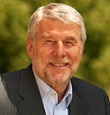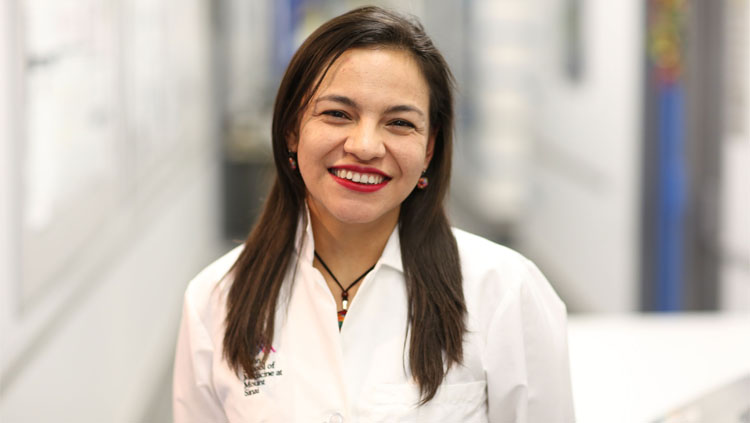Message From the President: SfN’s Most Inclusive Annual Meeting – Ever

Barry Everitt
One of the more difficult aspects of the pandemic has been the necessity to isolate ourselves from our colleagues and loved ones. Doing so has helped limit the spread of COVID-19, but personal relationships and professional projects have suffered as a result.
Restoring some sense of connection amongst the neuroscience community has been a driving force behind the conversations surrounding Neuroscience 2021. The goal of SfN Council, volunteers, and staff has been to reimagine the annual meeting structure to enable neuroscientists from around the world to participate in the meeting – even if they could not physically travel to the convention center.
As a result of this effort, I am happy to share that Neuroscience 2021 will be the first SfN annual meeting to offer a “One Meeting, Two Experiences” format. The meeting’s complete scientific program will be available twice – first to all attendees as a virtual experience November 8–11, 2021, and then to those able to travel to the McCormick Place Convention Center in Chicago, Illinois November 13–16.
By creating an option to participate for those who cannot travel to Chicago for SfN’s 50th annual meeting, Neuroscience 2021 will be open to the entire global neuroscience community more than ever before.
By registering, all neuroscientists can engage with every poster, panel, and lecture available at the meeting.By registering, all neuroscientists can engage with every poster, panel, and lecture available at the meeting. Attendees who are unable or prefer not to make arrangements for being away from home, pay for travel and lodging, or navigate sometimes complex and rapidly changing travel regulations (e.g. COVID-19 tests, vaccine status, or quarantine) will still be able to participate in the world’s premier neuroscience meeting. A lab that might only be able to afford to send a single trainee in person can now perhaps afford to have several trainees present abstracts and participate in poster session discussions virtually.
The decision to add a virtual component to Neuroscience 2021 encouraged SfN to make several other changes to the annual meeting format and schedule. For example, poster presentations can be shared before the annual meeting begins its scheduled programming, allowing all of us more time to search the meeting’s massive amount of content. Virtual poster presenters will be able to network with their poster-session peers in virtual group discussion rooms rather than waiting alone with their poster. The meeting’s daily schedule has been segmented into half days of posters and half days of lectures, special sessions, and panels. And both the virtual and in-person programs have been condensed to four days, rather than the traditional five. Neuroscience 2021 is different in many ways compared to past annual meetings, so I encourage you to read the other articles in this issue of Neuroscience Quarterly to learn more.
... the complete virtual program of Neuroscience 2021 will most definitely be available for all attendees in November.Although I suspect many of us are longing to enjoy the excitement of attending the annual meeting in person, re-connecting with old friends and meeting new colleagues, the spread of new COVID-19 variants, travel restrictions, financial concerns, and many other issues may influence whether neuroscientists around the world can safely travel to Chicago. Despite these challenges, the complete virtual program of Neuroscience 2021 will most definitely be available for all attendees in November. Whether through your in-person and/or virtual presence, I hope you will join us.
I am grateful to SfN Council, volunteers, and staff who have overcome complex and sometimes daunting hurdles to develop an annual meeting structure connecting our worldwide community during an isolating pandemic.The Program Committee and the specially convened 2021 annual meeting focus group led by Sheena Josslyn and Ellen Lumpkin have shown extraordinary commitment to reimagining our 50th anniversary meeting and its superb content. I am proud that these changes will facilitate greater inclusion of the neuroscience community SfN serves. And I suspect many of the changes made for Neuroscience 2021 will last far into the future – perhaps even the next 50 years.






















